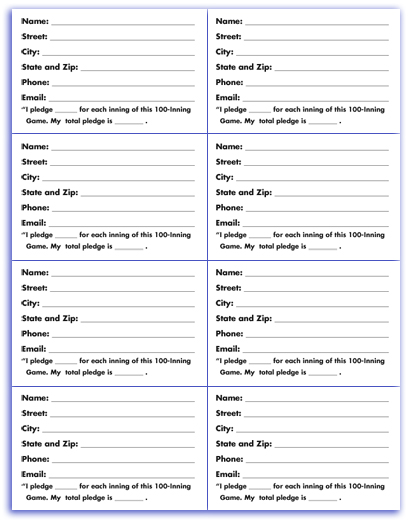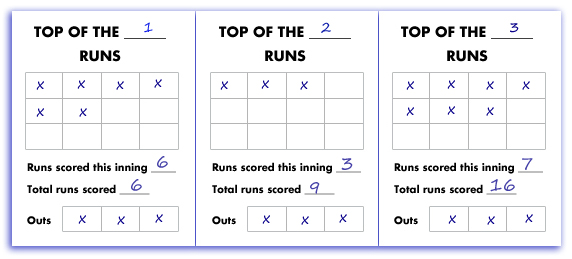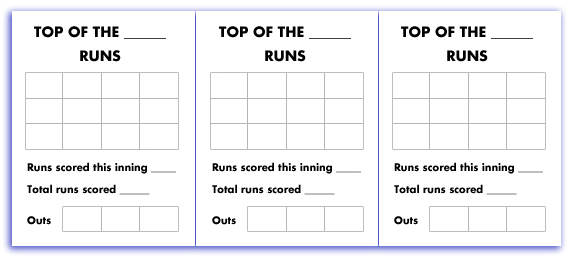100 Inning Game
How to quickly raise over $3,000 with a 100-Inning Game
Following is a short, updated guide on how to set up and run one of the most successful fundraising projects recently devised for baseball and softball teams—The 100-Inning Game.
Because you use the JUGS machine as your "Designated Pitcher," this game takes just ten hours or less to play. Here are the points you need to know:
- Tell your players they will be playing 100 innings to raise money. Each player must play at least 2.5 hours and get ten sponsors to pledge 10¢ per inning ($10 total).
- Your opponent can be a cross-town rival, an alumni team, or even an intra-squad team.
- Write a short “Dear Neighbor” letter like the example at the end.
- Print 30 letters per player for distribution; send email versions too if possible.
- Print 100 sponsor sheets using the provided form.
- After distributing letters, players should follow up with neighbors. No money is collected until the game is played.
- Find a fast food partner to provide "2-for-1" coupons in exchange for pledges.
- Two weeks before the game:
- Reserve a field from 8 a.m. to 6 p.m.
- Check your JUGS machine and set the pitch speed appropriately.
- Recruit 10 volunteer umpires (2 at a time, 2-hour shifts).
- Print 17 official 100-Inning Game score sheets.
- Paint a scoreboard on a 4' x 8' board. Example:

- Send a photo of players behind the scoreboard and game highlights to the local press, especially if sponsored.
- A week before the game, schedule player shifts. Use 4 lineups so each plays 2.5 hours.
- Play using these rules:
- Pitchers feed JUGS and field the position.
- Each team bats for nine outs, clear bases every 3 outs.
- Two-strike foul = out.
- Protective screen hits = redo.
- Use leather balls—at least 4 dozen.
- Collect money within 3 days post-game.
- Send personal thank-yous to umpires and opponent coaches.
- Have each player send sponsor thank-yous with game highlights.
- Count your money! 30 players × 10 sponsors = $3,000.
- Email stevec@jugssports.com your story and team photo.
"Dear Neighbor" Letter (Used by Housatonic Community College)
Dear Neighbor:
On Saturday, October 22, the Housatonic Community College Hawks will play the Sacred Heart University Pioneers
in the "Great American Baseball Marathon." Our HCC team member is asking you to pledge a nickel per inning (100 total) we will play.
Housatonic Baseball is a success story—eight state titles, two New England titles, and two Junior College World Series appearances.
Our preparation includes a five-week fall program, off-season conditioning, and a preseason trip to Florida, funded entirely by players and coaches.
This "100 Inning Marathon" helps fund that trip. Our players are committed, and your tax-deductible support would mean a lot.
Please consider backing our team. Let’s show our student-athletes we believe in their hard work!
Sincerely,
Edward Sylvia
Coordinator of Athletics
Head Baseball Coach
Sponsor Sheet—100-Inning Game

Official 100 Inning Game Score Sheet

This is a sample to show you how to use this score sheet. The visiting team has just completed its first turn at bat, hitting for three innings.
Notice, when the team scored, an X was placed in one of the "runs" boxes. When an out was made, an X was placed in an "out" box.
Remember to fill in the "runs scored this inning" space, and the "total runs scored" space after three outs are made.
You must make 25 copies of this page to be able to score the entire 100 inning--good luck and have fun!
Visiting Team

Home Team
